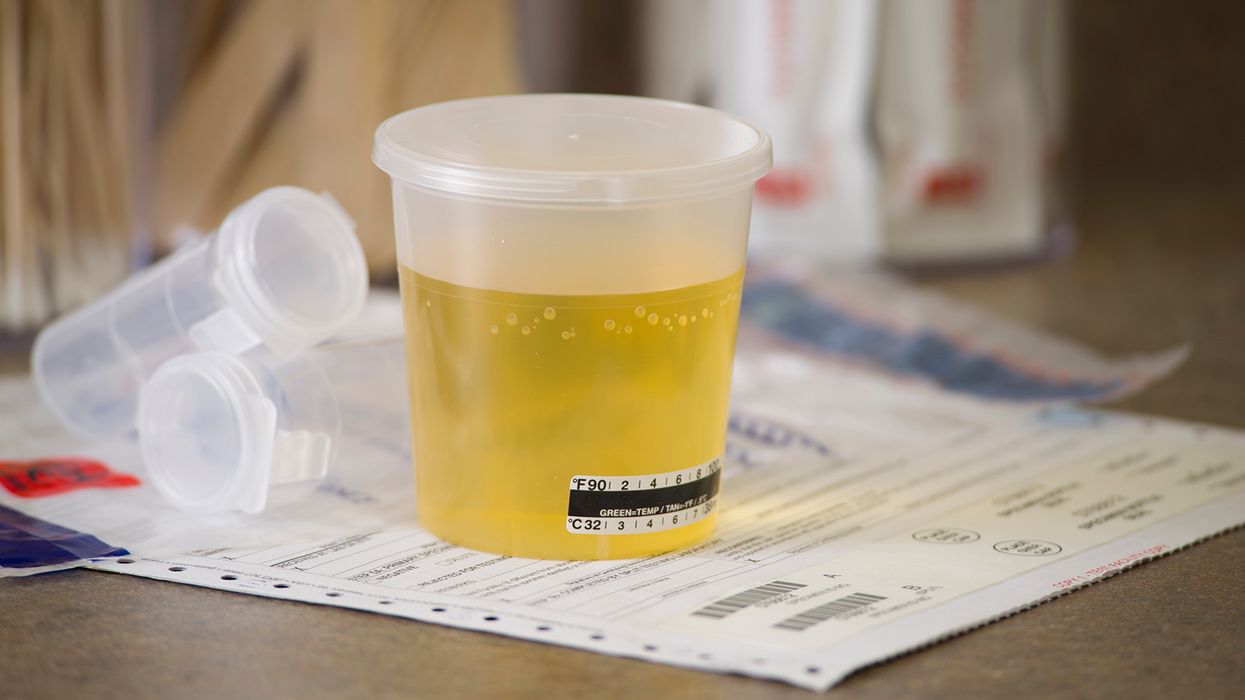New rule will close Clearinghouse ’knowledge gap’
It might take a few years, but states will be closing a loophole that allows drivers to keep their driving privileges despite being listed as “prohibited” in the Drug & Alcohol Clearinghouse.
By November 18, 2024, for any driver whose Clearinghouse record indicates they’re prohibited from driving, the state licensing agency must:
- Refuse to issue, renew, upgrade, or transfer a commercial driver’s license (CDL) or commercial learner’s permit (CLP); and
- Downgrade any existing CDL or CLP within 60 days.
Knowledge gap
Most states were not learning about drivers’ drug and alcohol violations, so drivers were able to keep their driving privileges despite being prohibited.
Once the new process is in place and a driver’s license is downgraded, any enforcement officer who runs the license will see that the driver is prohibited from operating a CDL-class vehicle. Prohibited drivers operating in interstate commerce are further restricted from operating any type of commercial vehicle, even those that don’t require a CDL.
Few should be downgraded
The FMCSA estimates that about 62,000 drivers land in the “prohibited” status every year, but most of these drivers will not have their licenses downgraded, despite the new rule. The agency says most drivers should be able to complete treatment and have the “prohibited’ status removed before the downgrade takes place.
In fact, the FMCSA estimates that about 75 percent of prohibited drivers are referred to a 16-hour education program that can be completed within 30 days or less. States, however, are free to start the downgrade process sooner than 60 days, so results may vary.
The changes are based on a new federal regulation that took effect on November 8, 2021. Changes were made to 49 CFR parts 382, 383, 384, 390, and 392.
Key to remember
A new federal rule will close a loophole that allows drivers who are “prohibited” in the Drug & Alcohol Clearinghouse to keep their CDL driving privileges.
Road test before query? Yes!
New FMCSA guidance affects when motor carriers need to perform a Clearinghouse query on new drivers.
The guidance (in the form of an FAQ on the agency’s website) says motor carriers can perform road tests on prospective drivers before checking the driver’s Clearinghouse record. Previously, the agency had indicated the opposite. As stated in the new guidance:
“Employers are required to query the Clearinghouse when hiring a driver to perform safety sensitive functions. The road test occurs before the driver is hired; therefore, employers may conduct a pre-employment query at the time they road test a prospective driver but are not required to do so.”
Request to perform limited pre-hire queries denied
A major passenger carrier’s request to conduct “limited” pre-employment Clearinghouse queries has been denied. The carrier — with a fleet of 60,000 vehicles — wanted the right to skip the “full” pre-employment query in favor of two limited queries, one before hire and another within 35 days. The company argued that doing full queries before hire adds significant time and expense. The FMCSA denied the request and said performing limited queries alone may result in an unsafe knowledge gap.




















































